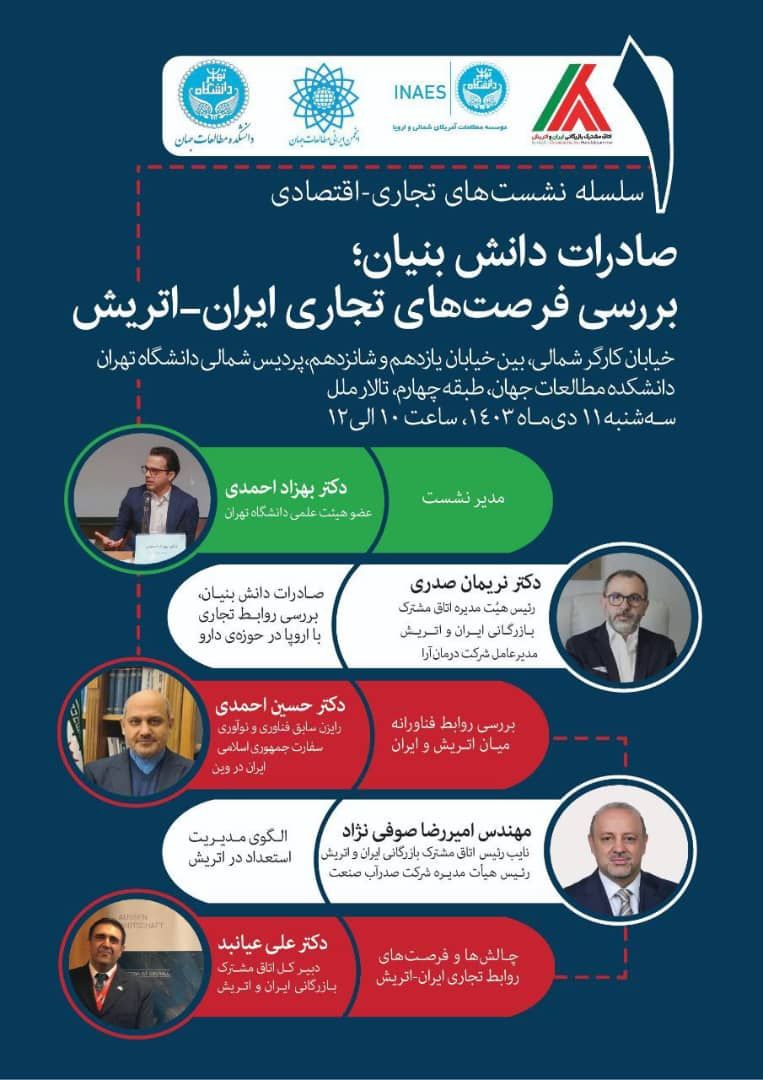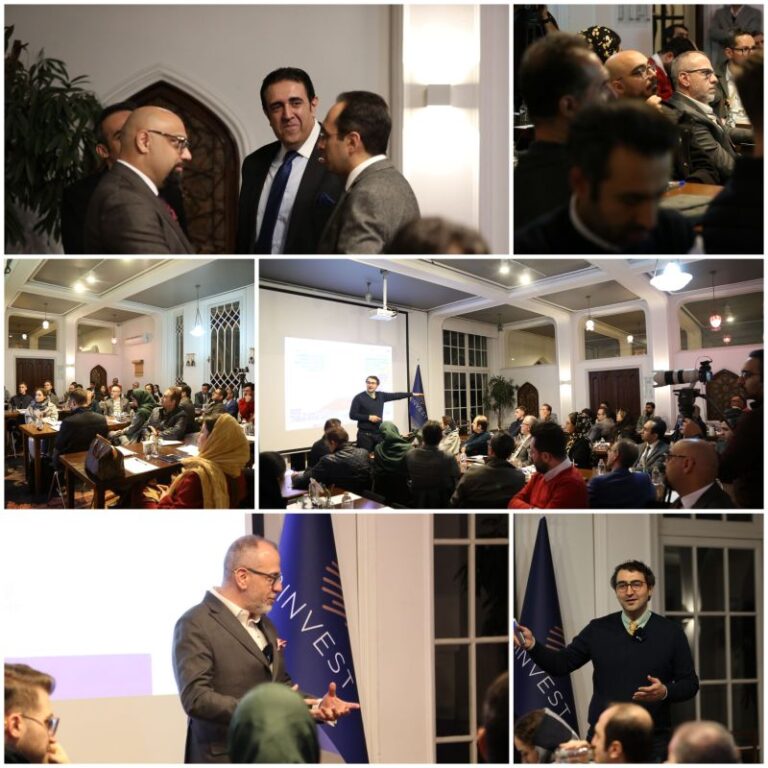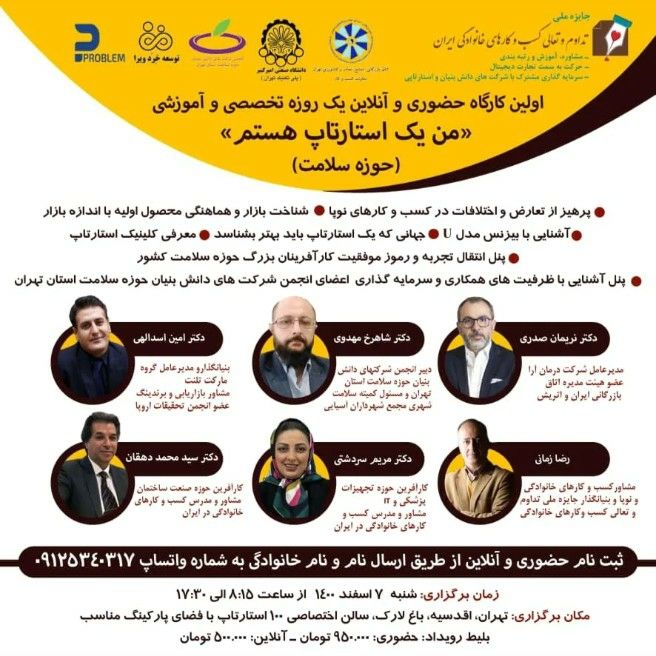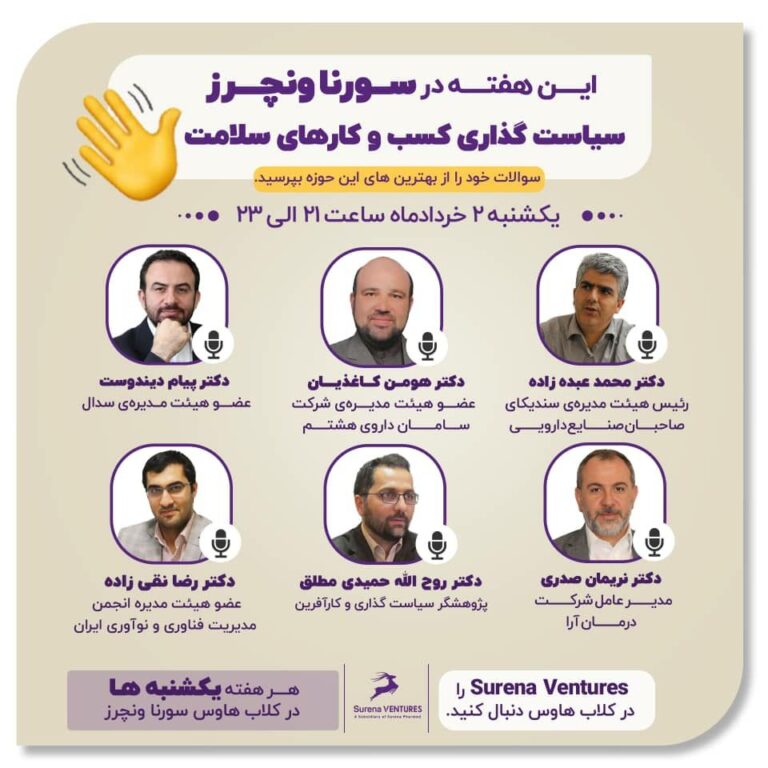For several days, my mind has been preoccupied with sophistry. I’ve repeatedly noticed in administrative conversations that some people tend to use fallacious reasoning to justify their mistakes when work-related shortcomings occur, hiding behind it. Although I have learned how to expose some of these tricks with logic and by shedding light on the truth, sophistry remains one of the most energy-draining occurrences in my daily work routine. The sophistry of certain individuals generates the most negative energy in collaborative and partnership environments.
In future writings, I will discuss sophistry, its various types, and share my lived experiences with it.
First, let’s understand what sophistry is:
Sophistry is a claim that may seem true at first glance but, when measured against the rules of logic, turns out to be false. Sophistry is often used to mislead people and make them believe something that is not necessarily true. There are many people who, without any convincing evidence, try to make you accept what they say. On the other hand, there are also people whose intentions are not malicious, but they still present illogical arguments because they fail to understand the implications of the information they have.
In order to recognize sophistry in an argument, we need to understand the stages of forming a logical argument. A logical argument consists of several propositions: premises, which provide evidence for the argument, and conclusions, which are inferred from the premises.
For an argument to be logical, the premises must be strong enough to support the conclusion drawn.
Here’s an example that motivated this writing:
A colleague had failed to properly safeguard confidential information, and my sharp objection was met with a call for collaboration and calm, stating that our project requires teamwork and empathy. While the second statement is entirely valid, there is no reason provided for the failure to protect the confidential information, and this cannot be used to evade responsibility.
Think back to how many times you’ve been frustrated by sophistry. I, like you, can be driven to madness by it…
































